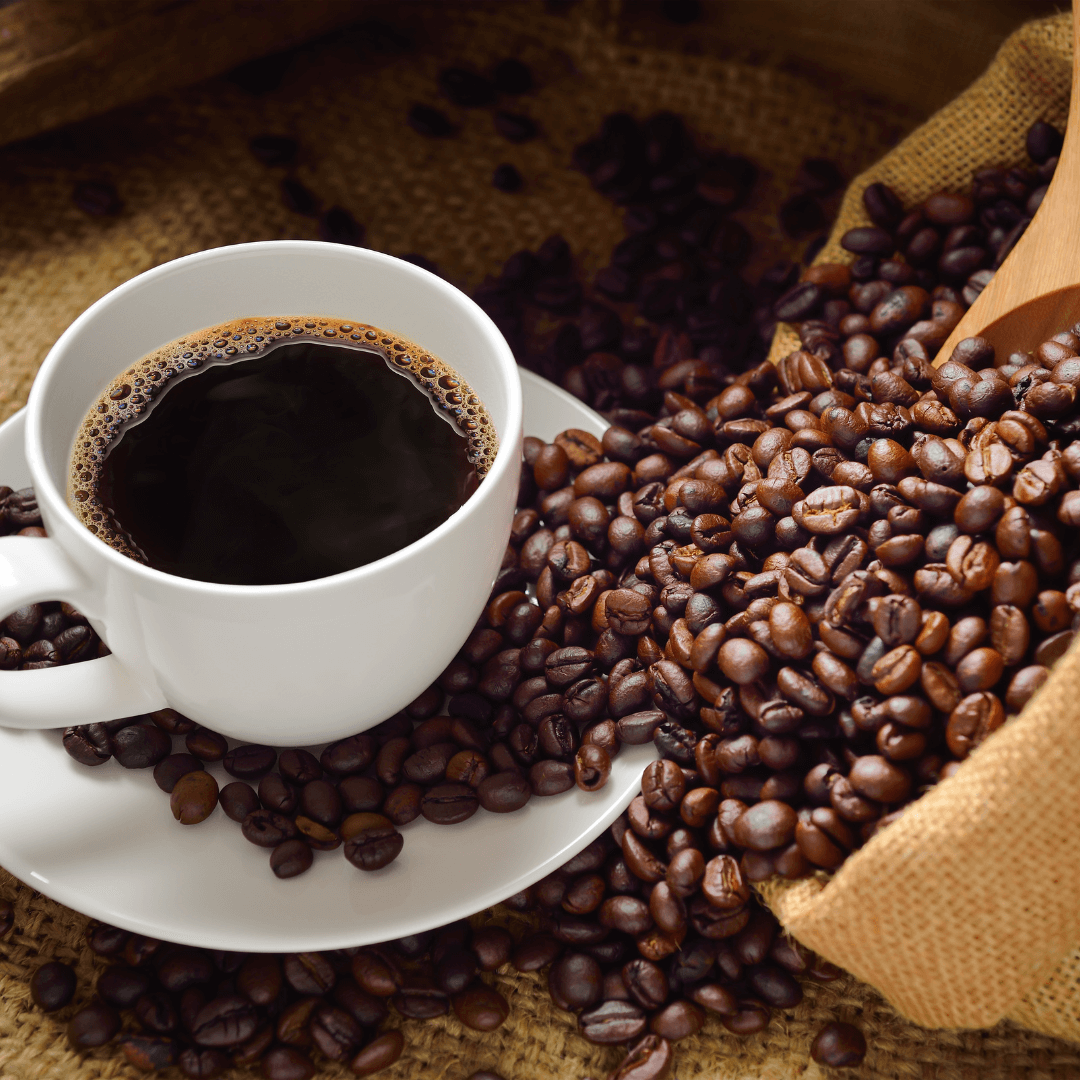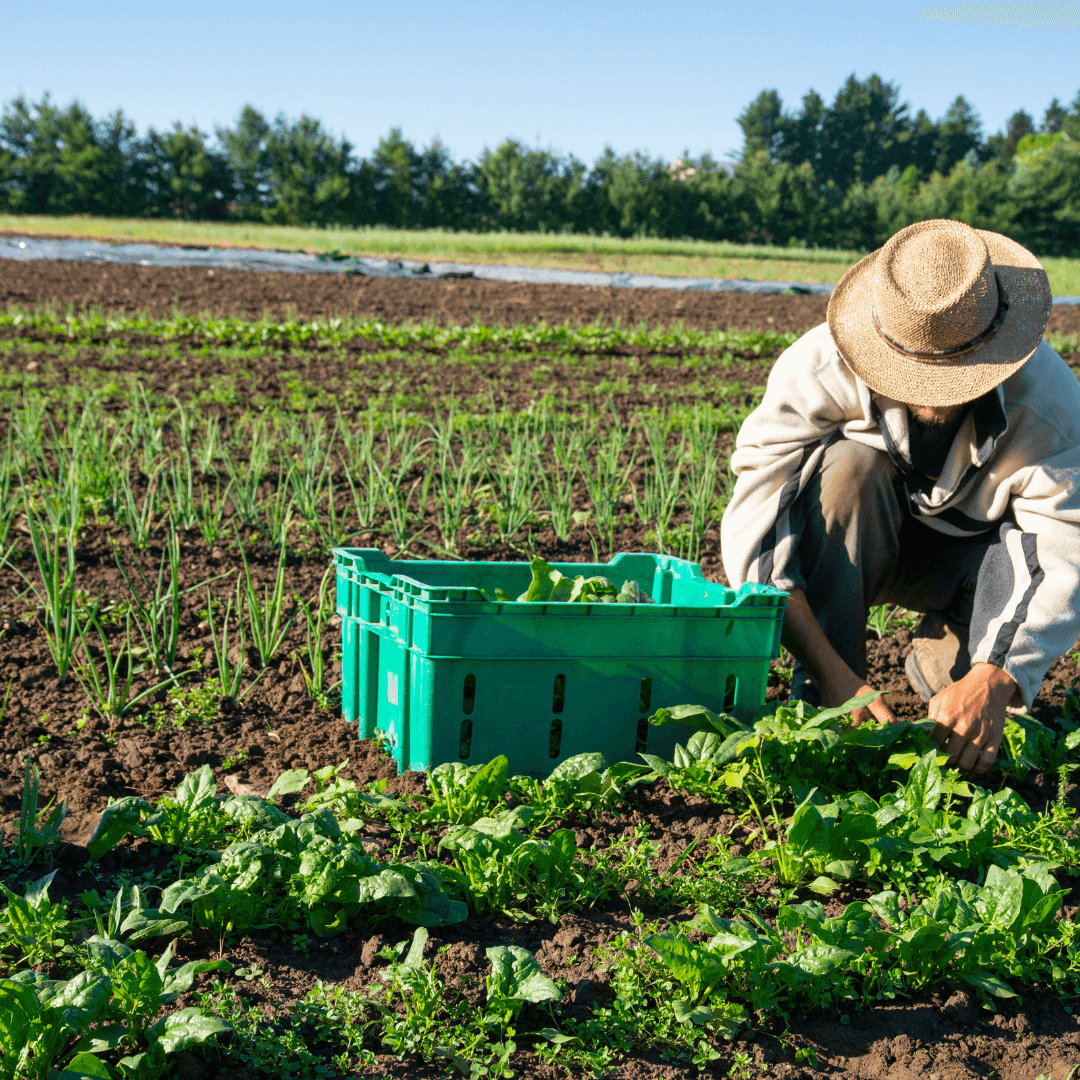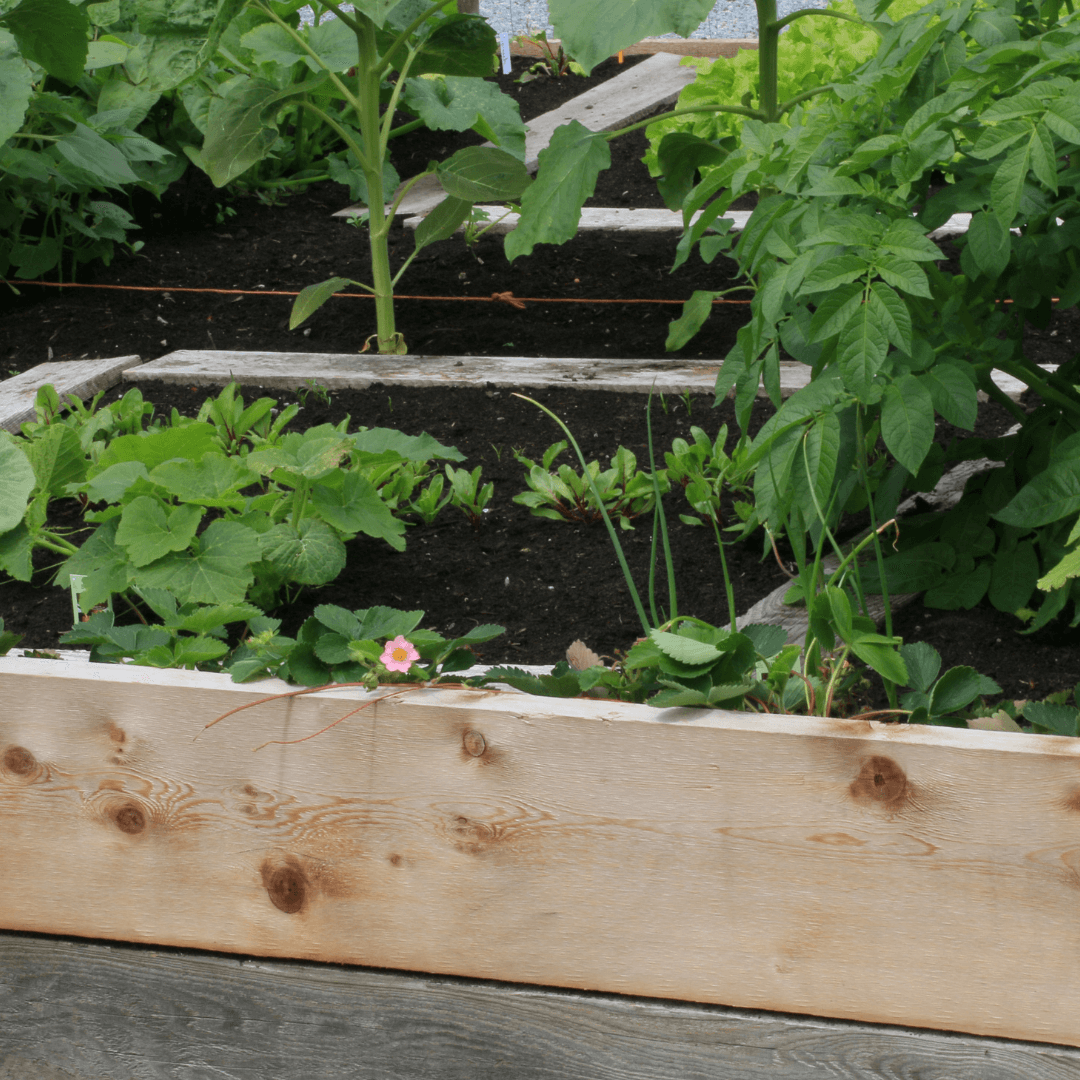Hello, fellow gardeners! My name is Jeena, and as an avid gardener, I understand the importance of choosing the right seeds for our gardens. This comprehensive article will dive deep into the world of heirloom seeds and their relationship to genetically modified organisms (GMOs). We will answer the question, "Are all heirloom seeds non-gmo?" We will explore the various seed types, their benefits, and how to ensure we choose the best seeds for our home gardens. We will also take a closer look at Gardeners Basics, a seed company specializing in heirloom seeds, and discuss the importance of supporting such businesses. So, let's get started!
Table of Contents
- Understanding Seed Terminology
- Heirloom Seeds: A Brief Overview of Are All Heirloom Seeds Non-GMO
- Non-GMO Seeds: What You Need to Know
- The Difference Between Heirloom and Hybrid Seeds
- The Importance of Organic Certification: USDA Organic
- Open Pollinated Seed vs. Cross-Pollinated Seed
- Pros and Cons of Heirloom Varieties
- Choosing the Right Seed Companies for Your Garden
- The Benefits of Growing a Diverse Garden
- A Deeper Look at Gardeners Basics: Heirloom Seed Specialists
- Supporting Sustainable Seed Companies
- Essential Tips for Growing Heirloom Seeds Successfully
1. Understanding Seed Terminology
Before diving into the specifics of heirloom seeds and GMOs, let's familiarize ourselves with some essential seed terminology:
- Heirloom seeds: Heirloom seeds are seeds from plant varieties passed down through generations, often for over 50 years.
- Vegetable seeds: Seeds for growing vegetables, such as tomatoes, cucumbers, and peppers.
- Herb seeds: Seeds for growing herbs like basil, rosemary, and thyme.
- GMO stands for genetically: Genetically modified organisms (GMOs) are plants genetically engineered to exhibit specific traits, such as disease resistance or enhanced nutritional content.
- Open-pollinated seed: Seeds produced through natural pollination methods, including wind, insects, or self-pollination.
- Cross-pollinated: Seeds produced through the deliberate transfer of pollen from one plant to another, often to create hybrid plants with specific traits.
- Certifiably Organic: Seeds and plants that have been grown without the use of synthetic fertilizers, pesticides, or genetically modified organisms and are certified by an organization like the USDA.
Vegetable Seed Vault Kit | 35 Variety Pack

$29.95
$49.95
Ultimate Survival Seed Vault: 16,000+ Non-GMO Heirloom Vegetable Seeds for Emergency Preparedness Introducing the Seed Vault Kit, your all-in-one solution for emergency preparedness and sustainable gardening. This premium seed kit contains over 16,000 non-GMO, Heirloom, Non-Hybrid, and Open Pollinated seeds,… read more
2. Heirloom Seeds: A Brief Overview
Heirloom seeds come from plant varieties cultivated and passed down through generations of home gardeners and small-scale farmers. These seeds are often prized for their unique flavors, textures, and appearances. Wide heirloom varieties have a history that dates back more than 50 years.
Heirloom seeds are open-pollinated, which means they are pollinated through natural processes such as wind, insects, or self-pollination. This allows the plants to maintain their genetic diversity, leading to a broader range of plant characteristics and adaptations.
3. Non-GMO Seeds: What You Need to Know
Non-GMO seeds are seeds that have not been genetically engineered or modified. Heirloom seeds are inherently non-GMO because they have been passed down through generations without any genetic alterations.
It is important to note that not all non-GMO seeds are heirloom seeds. Some modern plant varieties have not been genetically modified but are also not considered heirlooms due to their relatively recent introduction.
4. The Difference Between Heirloom and Hybrid Seeds
Hybrid seeds result from cross-pollination between two different plant varieties, naturally or through human intervention. This process creates offspring with specific traits from both parent plants, often resulting in higher yields, better disease resistance, or improved adaptability.
While hybrid seeds can offer many advantages, they often do not breed true, meaning the offspring may not exhibit the same traits as the parent plants. This can make it difficult for home gardeners to save seeds from their hybrid plants and grow the same variety the following year.
On the other hand, heirloom seeds breed true, allowing gardeners to save seeds from their plants and continue growing the same varieties year after year. This helps maintain genetic diversity and contributes to preserving these unique plant varieties.
5. The Importance of Organic Certification: USDA Organic
Organic certification, such as USDA Organic, ensures that seeds and plants have been grown without synthetic fertilizers, pesticides, or genetically modified organisms. This certification benefits the environment and helps support sustainable agricultural practices.
While heirloom seeds are inherently non-GMO, not all are certifiably organic. To ensure you are purchasing organic heirloom seeds, look for the USDA Organic label or a similar certification from a trusted organization.
6. Open Pollinated Seed vs. Cross Pollinated Seed
As mentioned earlier, open-pollinated seeds are produced through natural pollination methods. This allows for genetic diversity within plant populations, as different plants may contribute their genetic material through pollination. Open-pollinated plants are essential for maintaining heirloom varieties and supporting biodiversity in our gardens.
On the other hand, cross-pollinated seeds result from human intervention to produce hybrid plants with specific traits. While these seeds can offer benefits such as increased yields or disease resistance, they often do not breed true, making it challenging for gardeners to save and reproduce the same plants in subsequent years.
7. Pros and Cons of Heirloom Varieties
Heirloom seeds offer several advantages for home gardeners:
- Genetic diversity: Heirloom plants are genetically diverse, which can result in a broader range of flavors, textures, and appearances.
- Sustainability: By saving seeds from heirloom plants, gardeners can contribute to preserving these unique varieties and supporting sustainable agriculture practices.
- Adaptability: Heirloom plants can adapt to local growing conditions over time, making them well-suited for specific regions or climates.
However, there are also some potential downsides to consider:
- Disease resistance: Heirloom varieties may be more susceptible to certain diseases than hybrid or genetically engineered plants.
- Yield: Heirloom plants may produce lower yields than their hybrid or genetically engineered counterparts.
- Consistency: Due to their genetic diversity, heirloom plants may exhibit more variability in size, shape, and other characteristics.
8. Choosing the Right Seed Companies for Your Garden
When selecting heirloom seeds for your garden, choosing a reputable seed company that prioritizes quality, genetic diversity, and sustainable practices is essential. Look for companies that:
- Offer a wide variety of heirloom seeds, including vegetable and herb seeds.
- Provide information on how to grow all the varieties they sell.
- Are committed to sustainable agriculture practices.
- Clearly label their seeds as heirloom and open-pollinated, ensuring you purchase genuine heirloom seeds.
9. The Benefits of Growing a Diverse Garden
Growing a diverse garden with heirloom seeds offers numerous benefits for both the environment and the gardener. Here are a few reasons why planting a variety of heirloom seeds can be advantageous:
- Biodiversity: Planting a diverse array of heirloom seeds helps support biodiversity, which is essential for a healthy ecosystem. This can lead to a more resilient garden that can better withstand pests, diseases, and adverse weather conditions.
- Pollinator attraction: A diverse garden attracts a wide range of pollinators, such as bees, butterflies, and birds, which are crucial for pollinating many plants.
- Soil health: Planting different crops helps maintain soil health by preventing nutrient depletion and reducing the buildup of pests and diseases.
- Culinary variety: A diverse garden can provide abundant unique, and flavorful produce, allowing you to experiment with different recipes and enjoy a wide range of culinary experiences.
Seed Safe Survival Seed Kit - 35 Variety Pack

$29.95
$49.95
Seed Safe Survival Seed Kit: The Ultimate Heirloom Collection for Self-Sufficient Gardening Introducing the Seed Safe - 35 Varieties of Heirloom Vegetable, Herb, and Fruit Seeds, the ultimate solution for gardeners who want to secure a bountiful future harvest. This… read more
10. A Deeper Look at Gardeners Basics: Heirloom Seed Specialists
Gardeners Basics is a seed company specializing in heirloom seeds, offering an extensive selection of vegetable seeds, herb seeds, and flower seeds. The company aims to provide high-quality, non-GMO, open-pollinated seeds while supporting sustainable agriculture practices. Here are some key aspects that make Gardeners Basics stand various seeds: Gardeners Basics offers a comprehensive selection of heirloom seeds, ensuring that you can find the perfect seeds for your garden, regardless of location, climate, or preferences.
- Transparent information: The company provides detailed information, history, and characteristics of their heirloom seeds, allowing gardeners to make informed decisions when selecting seeds.
- Sustainable practices: Gardeners Basics is committed to sustainable agriculture, providing seeds that are non-GMO, open-pollinated, and heirloom.
By choosing Gardeners Basics for your heirloom seeds, you can support a company dedicated to preserving plants' genetic diversity and promoting environmentally friendly gardening practices.
11. Supporting Sustainable Seed Companies
As gardeners, you can vote with our wallets and support seed companies that prioritize sustainability, genetic diversity, and the preservation of heirloom varieties. By choosing companies like Gardeners Basics, we can contribute to preserving these unique plant varieties and supporting businesses that share our values. In doing so, we can help shape the future of agriculture and gardening, fostering a healthier environment for future generations.
12. Essential Tips for Growing Heirloom Seeds Successfully
Growing heirloom seeds can be a rewarding and fulfilling experience. To ensure success in your garden, consider these tips when planting and cultivating heirloom seeds:
- Select the right varieties: Choose well-suited heirlooms for your specific growing conditions, including climate, soil type, and available sunlight.
- Start seeds indoors: Many heirloom vegetable and herb seeds benefit from being started indoors, allowing them to establish strong roots and adapt to the environment before being transplanted outdoors.
- Practice crop rotation: Rotate your crops each year to help prevent the buildup of pests and diseases in the soil and maintain soil fertility.
- Use companion planting: Planting certain crops together can help deter pests, improve soil fertility, and support overall plant health. Research companion planting techniques specific to your chosen heirloom varieties for optimal results.
- Feed your soil: Provide your heirloom plants with the necessary nutrients by adding compost, organic matter, and natural fertilizers.
- Control pests and diseases organically: Use organic methods, such as introducing beneficial insects, using natural deterrents, and practicing proper garden hygiene to control pests and diseases in your heirloom garden.
- Save seeds for future generations: Learn how to save seeds from your heirloom plants, ensure you can continue growing these unique varieties for years, and share them with other gardeners.
By following these tips and embracing sustainable gardening practices, you can enjoy the many benefits of growing heirloom seeds and contribute to preserving these invaluable plant varieties.
In conclusion, while all heirloom seeds are non-GMO, it is essential to consider factors such as open pollination and the pros and cons of heirloom varieties when selecting seeds for your garden. Gardeners Basics is a seed company that offers a wide selection of heirloom seeds, supporting sustainable agriculture practices and prioritizing genetic diversity. By choosing reputable seed companies like Gardeners Basics and implementing the tips provided in this article, we can contribute to preserving unique plant varieties to accentuate beautiful, biodiverse gardens for generations to come. Happy gardening!
 Frequently Asked Questions - Are All Heirloom Seeds Non-GMO
Frequently Asked Questions - Are All Heirloom Seeds Non-GMO
Q1: Are all heirloom seeds organic?
A1: Not all heirloom seeds are organic. While heirloom seeds are inherently non-GMO, they may not be certified organic if grown using synthetic fertilizers or pesticides. To ensure you purchase organic heirloom seeds, look for a certification like USDA Organic.
Q2: Can I save seeds from hybrid plants?
A2: Saving seeds from hybrid plants is generally not recommended, as the offspring may not exhibit the same traits as the parent plants, leading to inconsistent results. On the other hand, heirloom seeds breed true, allowing gardeners to save seeds and grow the same varieties year after year.
Q3: What is the difference between open-pollinated and cross-pollinated seeds?
A3: Open-pollinated seeds are produced through natural pollination methods, while cross-pollinated seeds are produced through deliberate human intervention to create hybrid plants with specific traits. Open-pollinated seeds are essential for maintaining heirloom varieties and supporting biodiversity in our gardens.
Q4: How can I ensure my heirloom seeds are non-GMO?
A4: Heirloom seeds are inherently non-GMO. To ensure you purchase genuine heirloom seeds, choose a reputable seed company like Gardeners Basics that labels their seeds as non-GMO and open-pollinated.
Popular Herb Seeds for Planting | 35 Variety Pack

$29.95
$49.95
Heirloom, non-GMO herb seeds for indoor and outdoor home gardens! Introducing our 35 Herb Seeds Variety Pack, the ultimate selection for any herb garden enthusiast! This premium assortment includes heirloom herb seeds that are non-hybrid, open-pollinated, and non-GMO, ensuring you get only… read more
Q5: Can heirloom plants adapt to different growing conditions?
A5: Yes, over time, heirloom plants can adapt to local growing conditions, making them well-suited for specific regions or climates. This adaptability can contribute to the success of your heirloom garden.
Q6: What are the main benefits of growing heirloom seeds in my garden?
A6: Growing heirloom seeds offers several benefits, including genetic diversity, sustainability, adaptability, unique flavors, and textures, and contributing to preserving these unique plant varieties.
Q7: How do I choose the right heirloom seeds for my garden?
A7: When selecting heirloom seeds, consider climate, soil type, and available sunlight. Choose a reputable seed company like Gardeners Basics that offers a wide variety of heirloom seeds and provides detailed information about the origin, history, and characteristics of their heirloom varieties.
Q8: How can I support sustainable seed companies?
A8: You can support sustainable seed companies by purchasing seeds from businesses that prioritize sustainability, genetic diversity, and the preservation of heirloom varieties. Choose companies like Gardeners Basics that provide non-GMO, open-pollinated seeds. By supporting these companies, you can help shape the future of agriculture and gardening and contribute to a healthier environment.
Q9: What are some challenges I may face when growing heirloom seeds?
A9: Some challenges you might encounter when growing heirloom seeds include potential susceptibility to certain diseases, lower yields compared to hybrid or genetically engineered plants, and variability in size, shape, and other characteristics due to their genetic diversity. However, with proper care and following the tips in this article, you can successfully grow and enjoy the many benefits of heirloom seeds.
Q10: What are some tips for saving seeds from heirloom plants?
A10: To save seeds from heirloom plants, follow these steps:
- Choose healthy, disease-free plants with desirable traits for seed saving.
- Allow fruits or seed pods to fully ripen on the plant before harvesting.
- Clean seeds thoroughly, removing any pulp or debris, and let them air dry in a well-ventilated area, away from direct sunlight.
- Store seeds in airtight containers such as glass jars or resealable plastic bags in cool, dry, and dark places.
- Label seeds with the plant variety and date of harvest to ensure proper identification and viability.
By saving seeds from your heirloom plants, you can continue growing the exact varieties yearly and share them with fellow gardeners.
Now that you have a comprehensive understanding of heirloom seeds, their benefits, and how to grow them successfully, you can confidently embark on your heirloom gardening journey. Remember to choose reputable seed companies like Gardeners Basics for your heirloom seeds, support sustainable agriculture practices, and enjoy the unique and rewarding experience of growing heirloom plants in your garden.



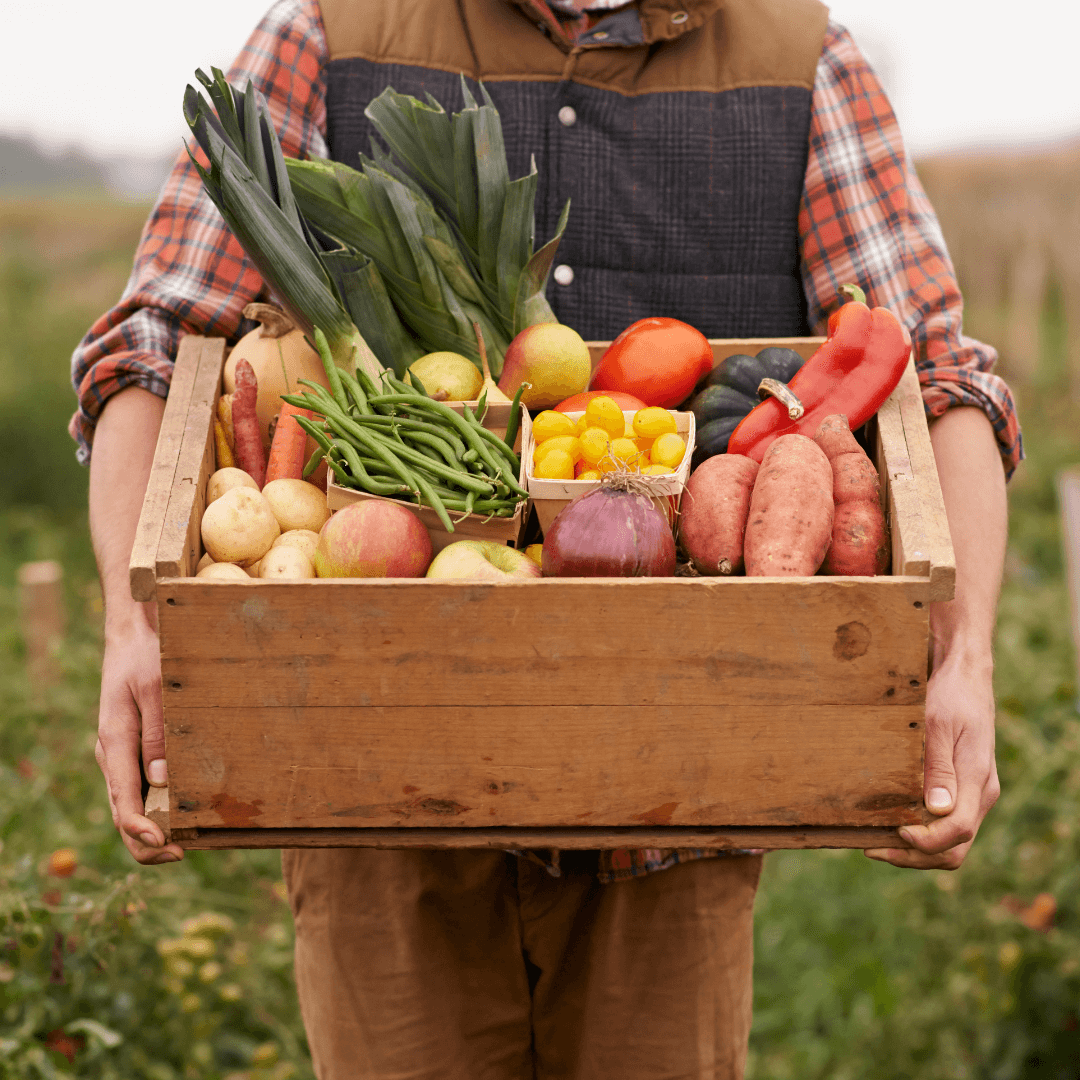

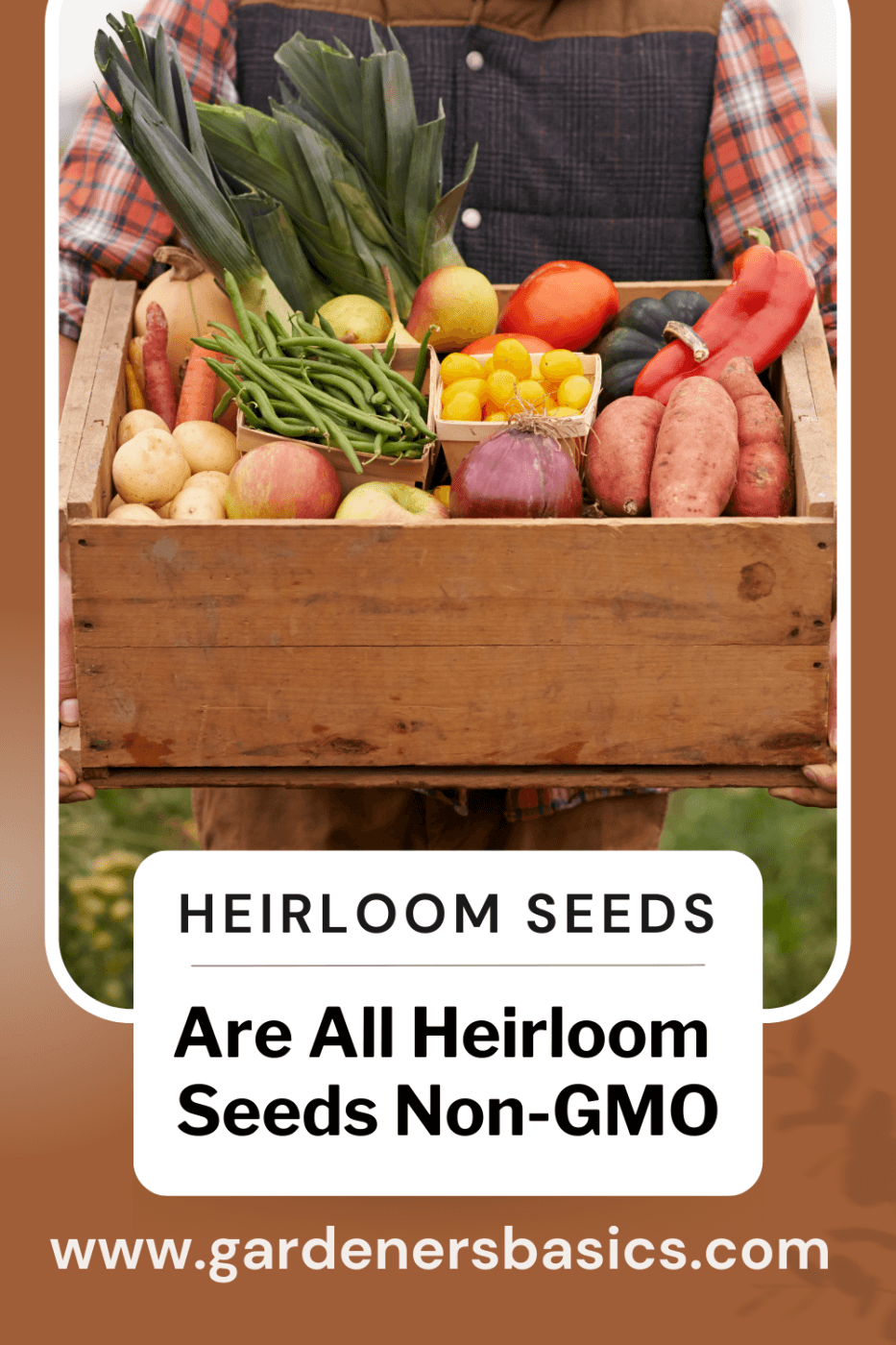 Frequently Asked Questions - Are All Heirloom Seeds Non-GMO
Frequently Asked Questions - Are All Heirloom Seeds Non-GMO